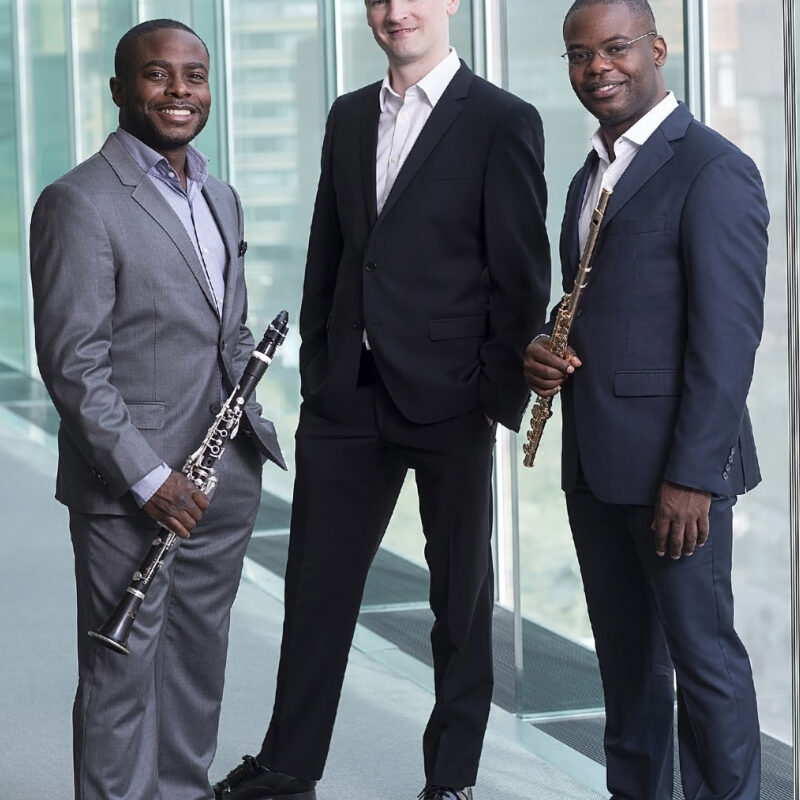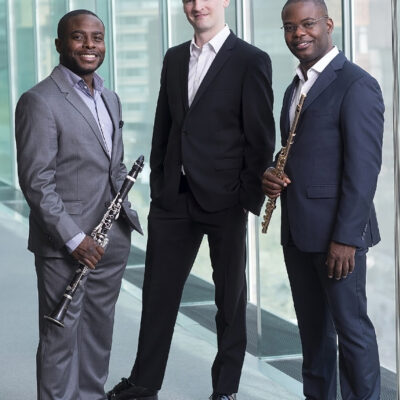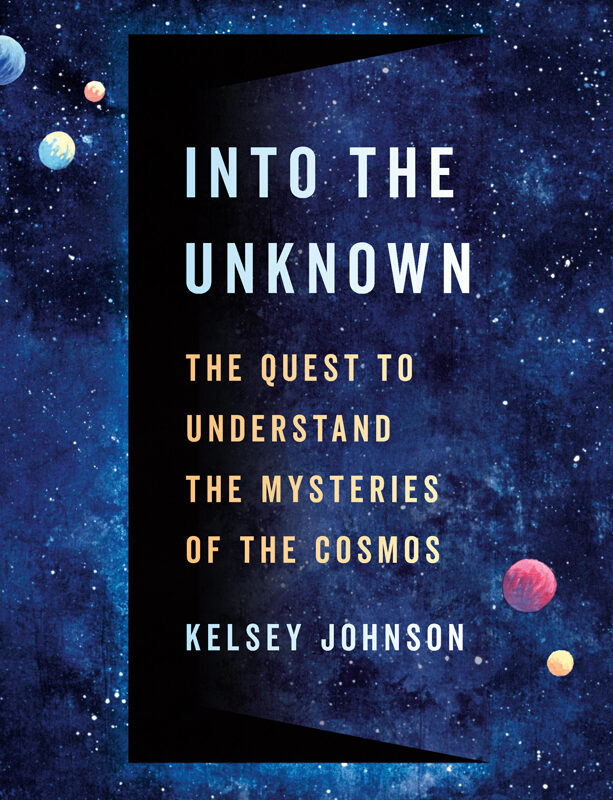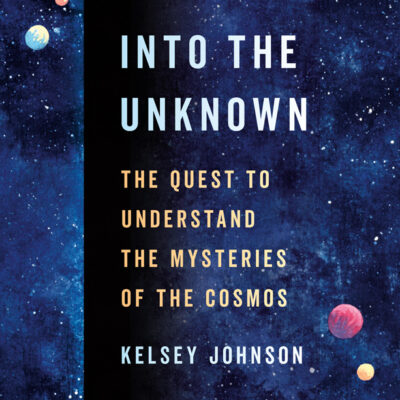Ethan McSweeny is fond of automotive idioms. “I’m firing on all cylinders,” he says when asked about his work with the American Shakespeare Center, where he has been the artistic director for close to a year. It’s like “trying to tinker on the engine of your car while you’re driving—this thing never gets up on blocks,” he says, adding that joining the company was like “trying to jump onboard a moving train.”
The schedule of the 2019/2020 season, which starts June 25, is just as daunting as he depicts it. It launches with three summer productions, which together mark the start of McSweeny’s first official season.
McSweeny describes the cycle of Julius Caesar, Antony and Cleopatra, and Caesar and Cleopatra as “three plays, two authors”—Shakespeare and George Bernard Shaw—“one story.” A fourth production, the world premiere of The Willard Suitcases, will be added in the fall. Written by New York–based composer/lyricist Julianne Wick Davis, the musical is based on the intriguing contents of luggage found in the abandoned Willard Psychiatric Center. The suitcases belonged to the patients, and, McSweeny says, “they didn’t put sensible things, necessarily, in them.”
In his 20-year career, McSweeny has been involved in productions around the world, and he insists that the ASC is “very unique….I can tell you that there are very few places like this.” He cites the company’s unusual adoption of “universal lighting and Shakespearean performance conditions” as one reason why the center stands out, but adds that it’s not a “museum recreation”; rather, “It really combines the intensity of intellect that these plays require with the infectious joy of performing them.”
McSweeny still intends to tinker with the engine, “enhancing what’s already there.” One of his first decisions on the job was to put two of the longest-serving company members on year-round, full-time contracts, giving them the title of Actor Managers, to follow a tradition established by Shakespeare’s own King’s Men.
Rather than institute large-scale changes, McSweeny seems to be most interested in experimentation with the existing model. “It’s such a gift to not have to make the same choices over and over again,” he says. “I’m trying to find ways to do what we do, but even better.”
He’s also committed to getting more people into the Blackfriars Playhouse in Staunton, a town that McSweeny professes to love. “It’s a rich buffet of culture and arts,” he says, encouraging his Charlottesville neighbors to visit. “It’s a four-lane highway. Get used to it.”
Late in the interview, McSweeny compares the appeal of theater to that of a “live sporting event.” It’s a simile that, for a theater geek, seems even further removed than his vehicle imagery—but the new artistic director has made it clear that he’s unconcerned with preserving stereotypes or favoring tradition over innovation. He sums it up by saying, “I’m a profound Shakespeare believer, but also a real agnostic when it comes to ways to do Shakespeare.”
More information at americanshakespearecenter.com





